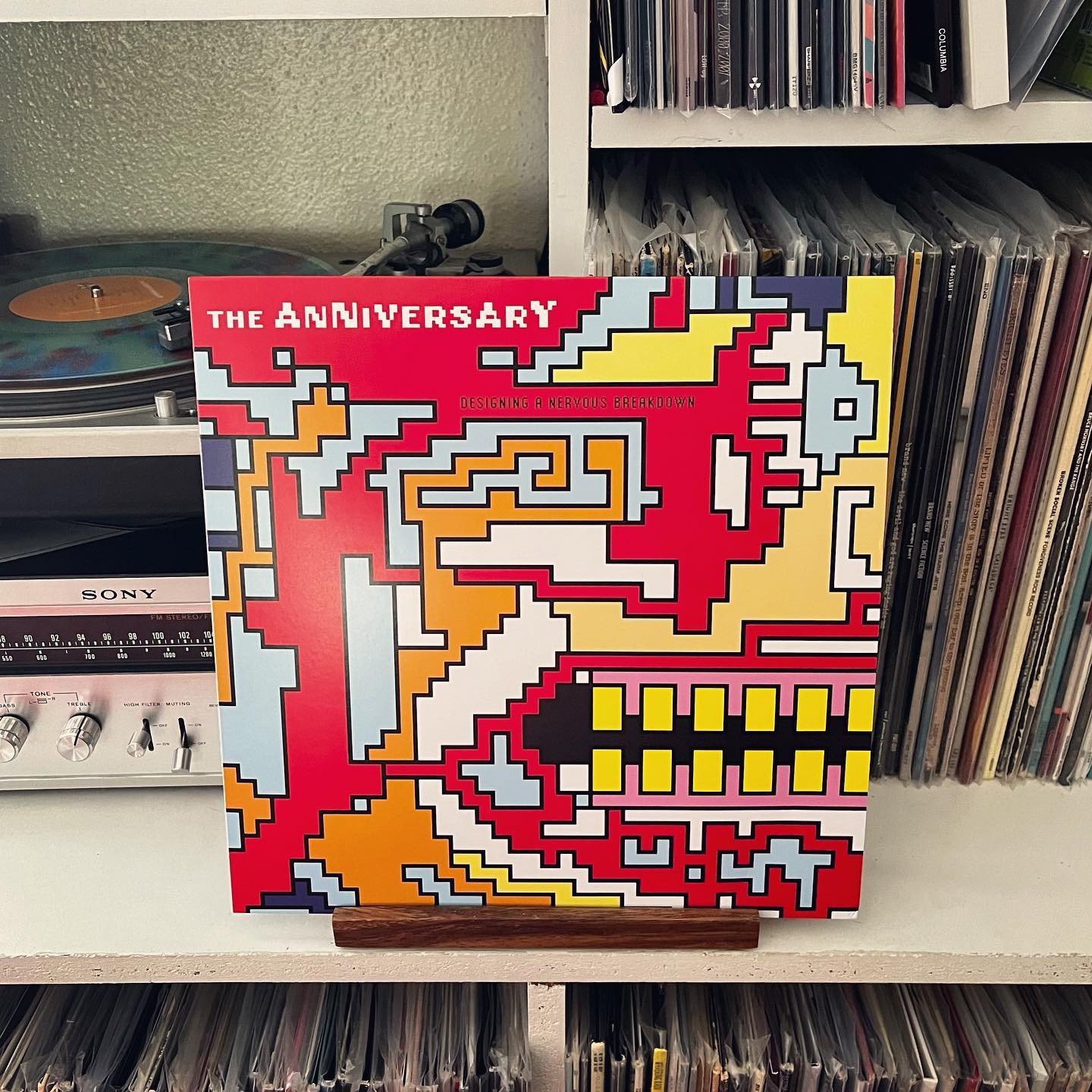 They say hindsight is 20/20, but I’m not sure that’s the case. The lens of nostalgia often glazes over details with a broad brush, homogenizing the intricate diversity of moments in time into a monotone.
They say hindsight is 20/20, but I’m not sure that’s the case. The lens of nostalgia often glazes over details with a broad brush, homogenizing the intricate diversity of moments in time into a monotone.
Take, for instance, the second wave of emo. While revisionist history might paint a scene of twinkly guitars and angular drumming (thanks, American Football), the view from the ground was far different. Emo was not nearly as much a matter of a sound as it was an ethos.
One of the best examples of emo’s diversity is The Anniversary. While emo was undoubtedly rooted in punk and hardcore, their debut record Designing A Nervous Breakdown borrows much of its palette from decidedly non-punk sources, offering up a heaping helping of hooks, harmonies, and synthesizers. While it doesn’t sound like what anyone might think of when they imagine emo, it remains one of the most well-loved emo records of the era.
Of course, their sonic palette isn’t wholly devoid of emo’s genre touchstones. Electric guitars have a huge role, alternating between melodic arpeggios and power chords. Despite the poppiness of the melody lines, the vocals are pure emo. Musically, it bears a large resemblance to emo heroes and fellow Kansans The Get-Up Kids (whose Heroes and Villains imprint released this record). “Shu Shubat” might even pass for a Mineral cover with some tweaks.
But the outliers are really what makes this record. I remember how much trash got talked about punk bands with keyboards in the early 2000s. The pop explosion of the Clinton administration had a massive backlash in the underground, where things like synths and hooks were dismissed as inauthentic. Even female vocals were sneered at a bit. But The Anniversary must not have heard any of that, or else they just didn’t care, and this record destroys the idea idea that pop sensibilities are mutually exclusive to authentic songwriting.
It’s not as navel-gazing or heartwrenching as most emo lyrics, but there’s a deep bittersweetness here. They navigate all the trappings of young adulthood—anxiety, identity crises, disillusionment—with an almost rebellious optimism. While most of their contemporaries were writing songs to listen to alone in your room, The Anniversary was throwing a party. The entire record is coated with the sheen of exuberance. “The Heart is a Lonely Hunter” kicks the door wide open, and it only goes up from there. “The D in Detroit” is as catchy a panic attack as you’ll ever hear.
I’ll admit, I was initially turned off from this record for the exact misconceptions I mentioned. I bought into the idea that pop was a four letter word, and that anything that felt like pop music was to be avoided. After buying this on reputation alone a couple weeks ago, I’m once again reminded just how wrong I was. This is rightly remembered as a masterpiece, and I’m glad to finally give it the time.
Pingback: Record #927: The Get Up Kids - Eudora (2001) - A Year of Vinyl